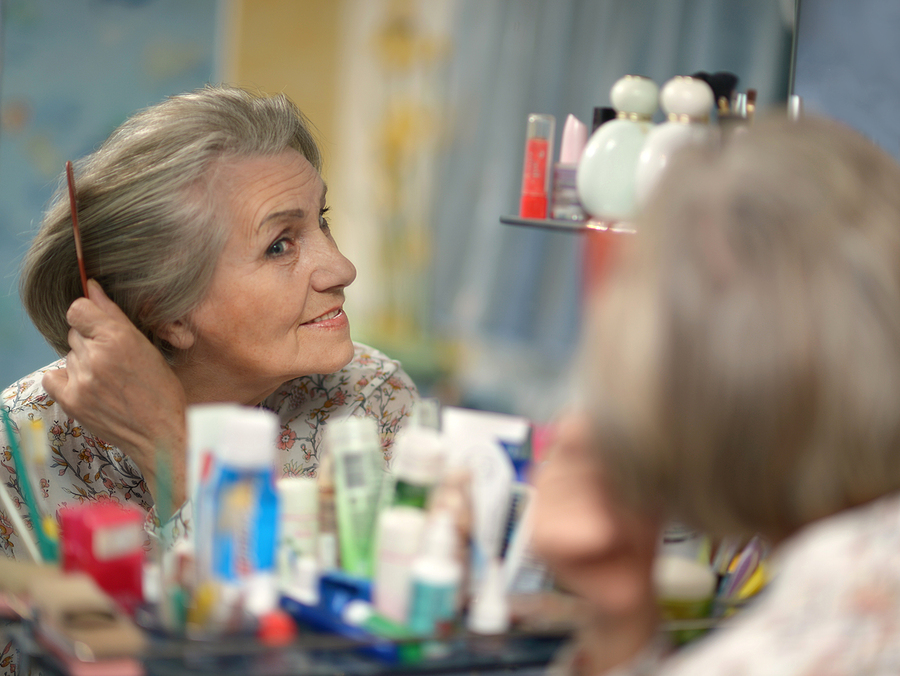
Seniors can improve their quality of life and ensure that they continue to be active, healthy, and happy by making the appropriate lifestyle modifications. For instance, engaging in regular physical activity enhances overall wellbeing by lowering the risk of falls and maintaining mobility, strength, and balance. At the same time, building stamina can be achieved by beginning with low-impact exercises like yoga, swimming, or walking and progressively increasing the duration and intensity. Finally, combining resistance bands or light weightlifting with strength training can maintain bone density and muscle mass. The key is finding enjoyable activities, as that makes it easier to continue with them. Once the right activity is found, senior home care can encourage seniors to get the recommended 150 minutes of moderate aerobic activity each week.
Embracing a Healthy Lifestyle Means Eating Well
A well-balanced diet boosts immunity, nourishes the body, and lowers the chance of developing chronic illnesses. In searching for the right balance, it is crucial to give whole foods like fruits, vegetables, whole grains, lean meats, and healthy fats priority. For seniors, it’s also important to stay hydrated during the day by consuming lots of water, avoiding sugar-filled beverages, and consuming only moderate amounts of caffeine. Additionally, a healthy weight can be maintained by watching portion sizes and eating smaller, more frequent meals to help control appetite and energy levels.
Embracing a Healthy Lifestyle Is Connected to Mental Health
Leading a fulfilling life depends on mental health. The first step is keeping the mind active and busy, which helps prevent cognitive decline and improve moods. Frequent social interactions with family and friends, in addition to having senior home care’s support, can also improve mental health, as it helps prevent feelings of depression and loneliness. Plus, engaging in mindfulness practices like tai chi, deep breathing, and meditation can lower stress and improve mental clarity.
Embracing a Healthy Lifestyle Requires Frequent Check-ups
Frequent check-ups are essential for the early identification of health problems, which improves treatment outcomes and effectiveness. Important steps include making an appointment for yearly physicals, remaining current on blood pressure, cholesterol, cancer, and other age-related problem testing, and maintaining immunization records. Senior home care can provide pivotal support by transporting seniors to appointments when needed or helping seniors with telehealth visits.
Embracing a Healthy Lifestyle Requires a Good Night’s Sleep
For mental clarity, emotional stability, and physical health, getting enough sleep is crucial. Better sleep can be achieved by developing a pattern that includes going to bed and waking up at the same time every day, limiting stimulants like caffeine and electronic displays close to bedtime, and designing a cool, quiet, and dark bedroom.
Embracing a Healthy Lifestyle Requires Safety Modifications
Ensuring seniors are safe in their homes lowers the chance of mishaps and increases self-reliance. Safety can be increased by eliminating potential dangers, removing tripping hazards like loose rugs, adding grab bars to bathrooms, upgrading lighting, and, if necessary, utilizing assistive equipment like walkers or canes. Additionally, loved ones and senior home care can work with seniors to declutter areas that might cause potential issues to ensure they can freely move around their homes.
Living a healthy lifestyle can benefit seniors’ general happiness, mental clarity, and physical health. With the help of senior home care and loved ones, seniors can live longer and be more independent by implementing some of the tips above into their daily routines.
Sources:
https://www.aarp.org/health/healthy-living/info-2021/60-health-habits-to-try-now
https://www.forbes.com/sites/yec/2017/09/18/11-simple-yet-powerful-ways-to-embrace-a-healthier-lifestyle-and-improve-your-business/?sh=7550f1c930f7
If you are considering senior home care in Whitney, NV for an aging loved one, please contact the caring staff at Golden Heart Senior Care of Summerlin. 702-800-4616.

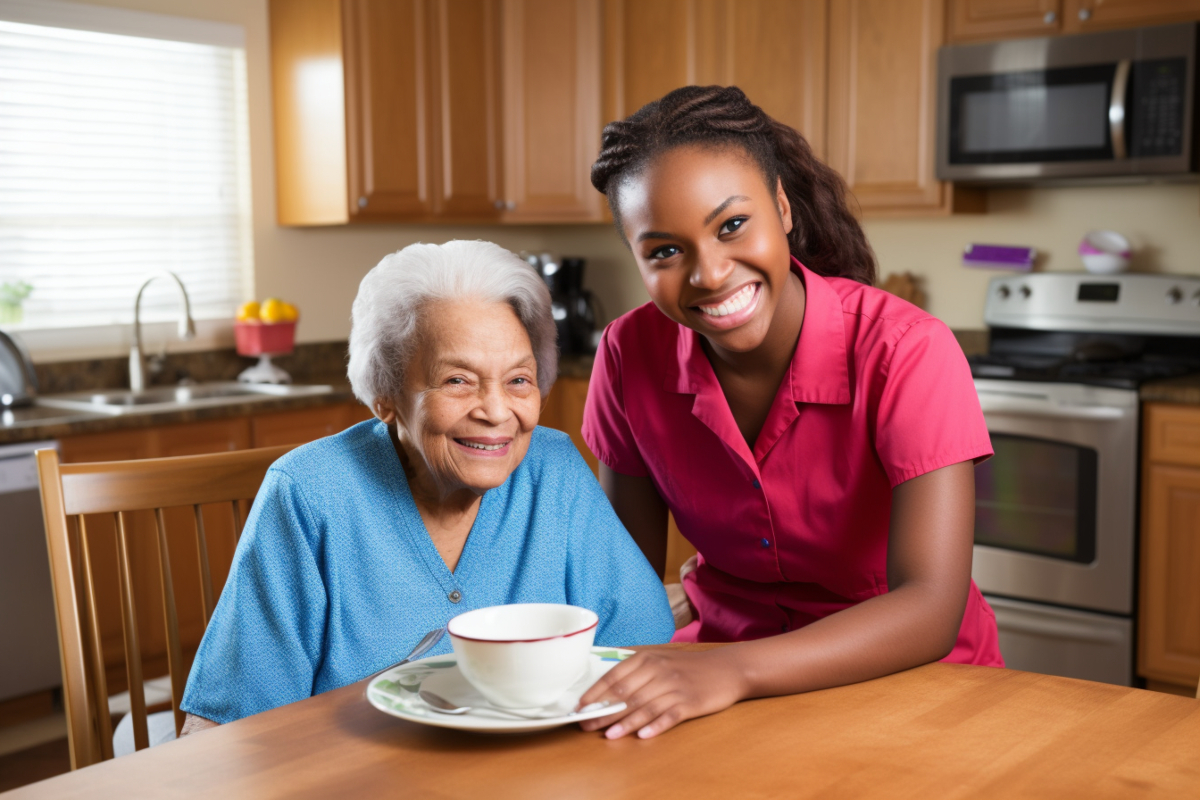
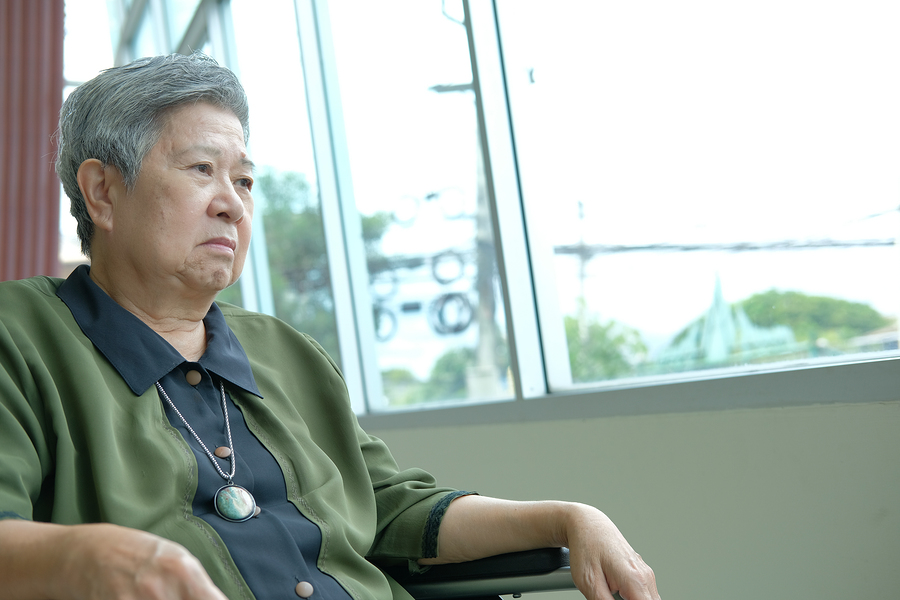
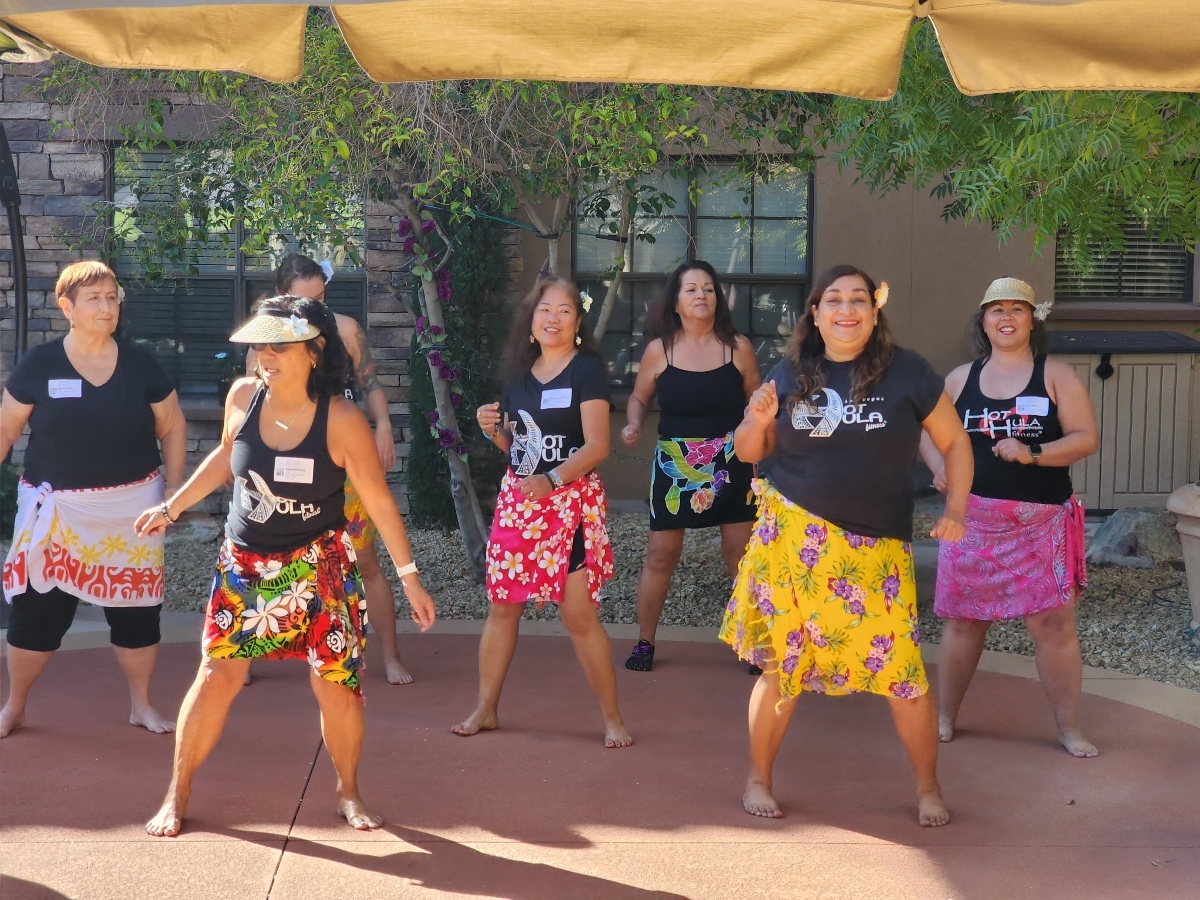
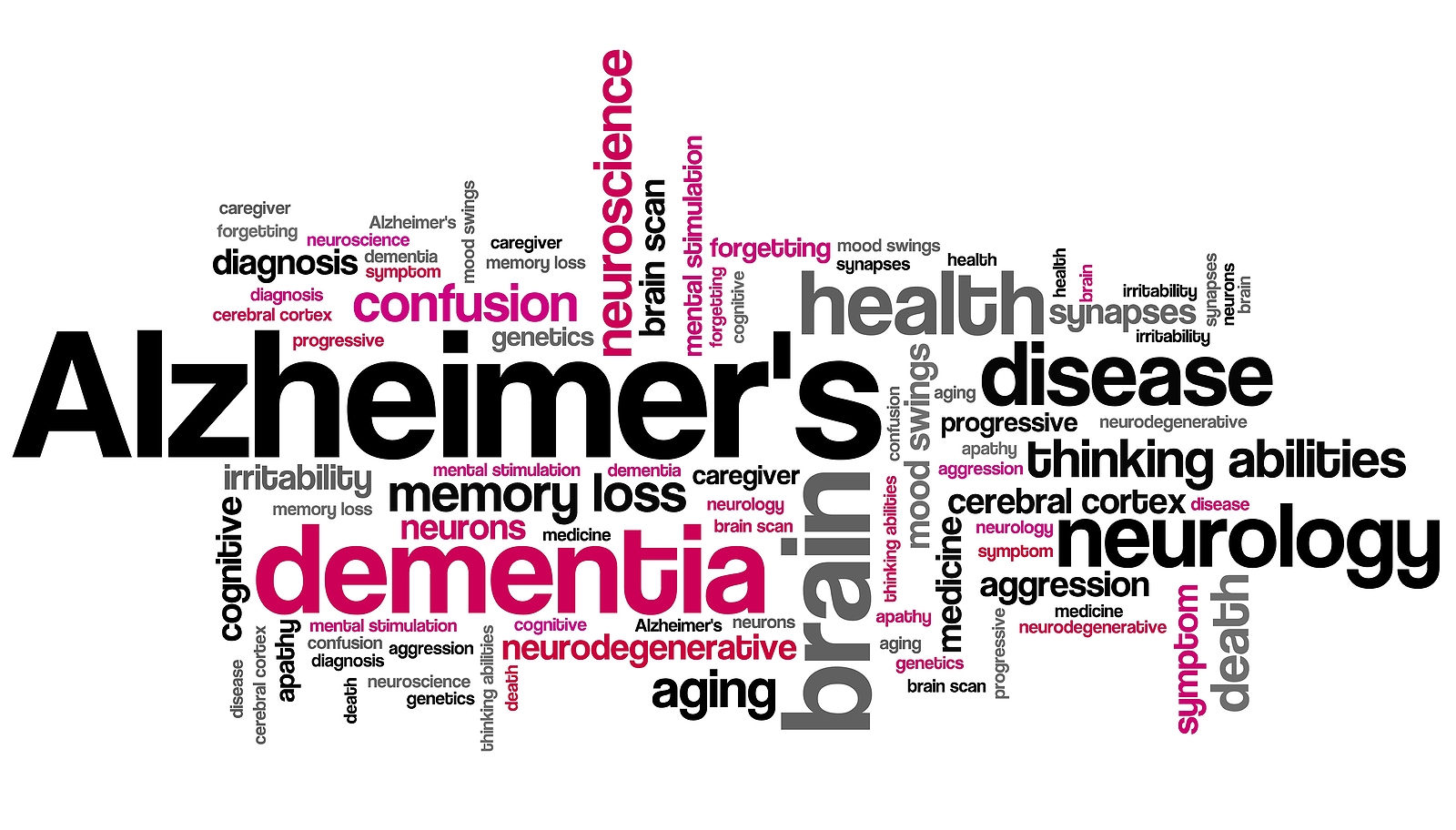


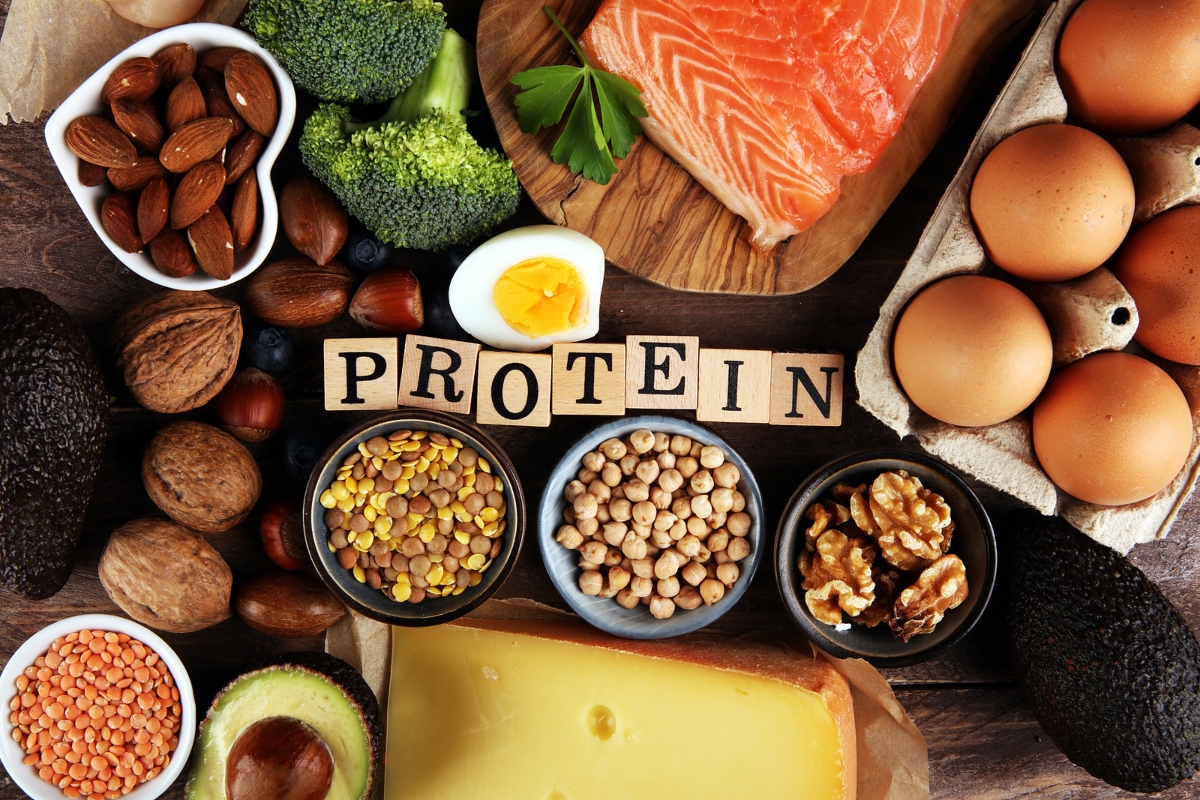
 Three out of five adults aged 65 or older have lost some of their sense of taste. In addition, an older adult’s stomach empties slowly, so they feel fuller longer and may not eat as much. These are just two of many circumstances that can lead to nutritional deficiencies in seniors. Here are some of the most common vitamins and minerals that seniors become deficient in, and how
Three out of five adults aged 65 or older have lost some of their sense of taste. In addition, an older adult’s stomach empties slowly, so they feel fuller longer and may not eat as much. These are just two of many circumstances that can lead to nutritional deficiencies in seniors. Here are some of the most common vitamins and minerals that seniors become deficient in, and how 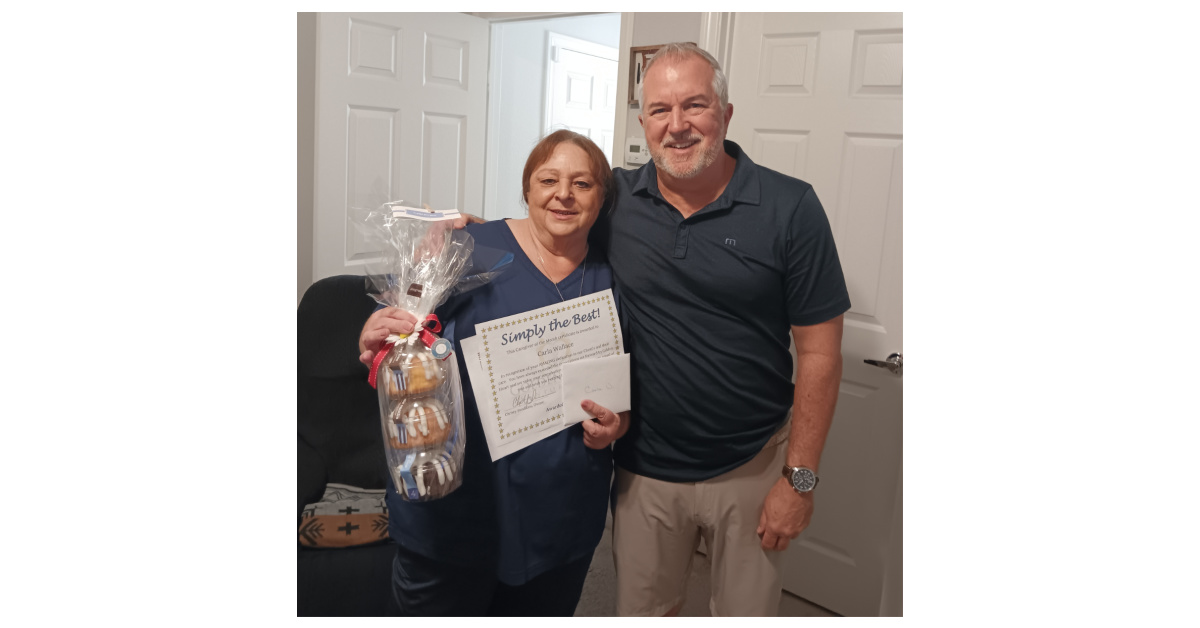
 Golden Heart Senior Care is proud to announce that Carla W. is our employee of the month for July 2023. Carla was born in Arkansas and raided in California. She has lived in Las Vegas for 23 years and has been a caregiver for more than 14 years. Carla has always had love in her heart to help others and it’s her honor to know that she helped someone in need of assistance. Carla says a lot of people are alone and need physical help, a compassionate ear, a heart to listen to them, a hug, or just a friend. Carla enjoys spending time with seniors and tries to make a difference in their life. To Carla making a change in someone’s life is the most uplifting and completeness she can give to herself and others.
Golden Heart Senior Care is proud to announce that Carla W. is our employee of the month for July 2023. Carla was born in Arkansas and raided in California. She has lived in Las Vegas for 23 years and has been a caregiver for more than 14 years. Carla has always had love in her heart to help others and it’s her honor to know that she helped someone in need of assistance. Carla says a lot of people are alone and need physical help, a compassionate ear, a heart to listen to them, a hug, or just a friend. Carla enjoys spending time with seniors and tries to make a difference in their life. To Carla making a change in someone’s life is the most uplifting and completeness she can give to herself and others.